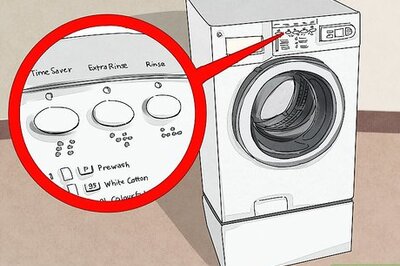
views
London: While apologising can lessen feelings of guilt and help restore a wrongdoer's image, declining to do so can have even more powerful psychological benefits, according to a new study.
Australian researchers have found that refusing to apologise can boost your self-esteem. Lead author Dr Tyler Okimoto, of the University of Queensland Business School, wanted to find out why people often refuse to say sorry despite apologies being seen as a 'cheap' way to reduce blame and punishment, the 'Daily Mail' reported.
In the first experiment, 228 adults aged from 18 to 77 were involved. Some were asked to think about a time they had upset someone and apologised, others a time when they upset someone and refused to apologise and others a time when they upset someone and neither said sorry nor refused to.
Participants who had refused to apologise reported having felt greater power and greater levels of self-esteem than those who had made an apology.
Compared with having done nothing, having apologised also boosted self-esteem somewhat - but refusing to say sorry had a more powerful benefit on self-worth.
A second experiment involved 219 people aged from 18 to 71. A third wrote an email apologising to someone for something they had done wrong in real life, another third wrote an email refusing to apologise and the final group had to think about something they had done wrong but did not write anything.
People who refused to apologise felt significantly greater self-esteem afterwards than those who had not written an email. But those who had made an apology did not. Okimoto and colleagues wrote that the benefits people felt from refusing to say sorry "appeared to trump any potential negative effect on self-esteem resulting from the defence of harmful actions".
"Taken together, the results of these two studies provide converging evidence that there can be beneficial psychological consequences for individuals who refuse to provide an apology to the victims of their harmful actions," they added. The team concluded that the findings could help explain 'seemingly irrational, antisocial, or callous behaviour' displayed by wrongdoers and suggested further research to look at whether the apparent benefits of refusing to say sorry lasted in the long-term.
The study was published in the European Journal of Social Psychology.




















Comments
0 comment